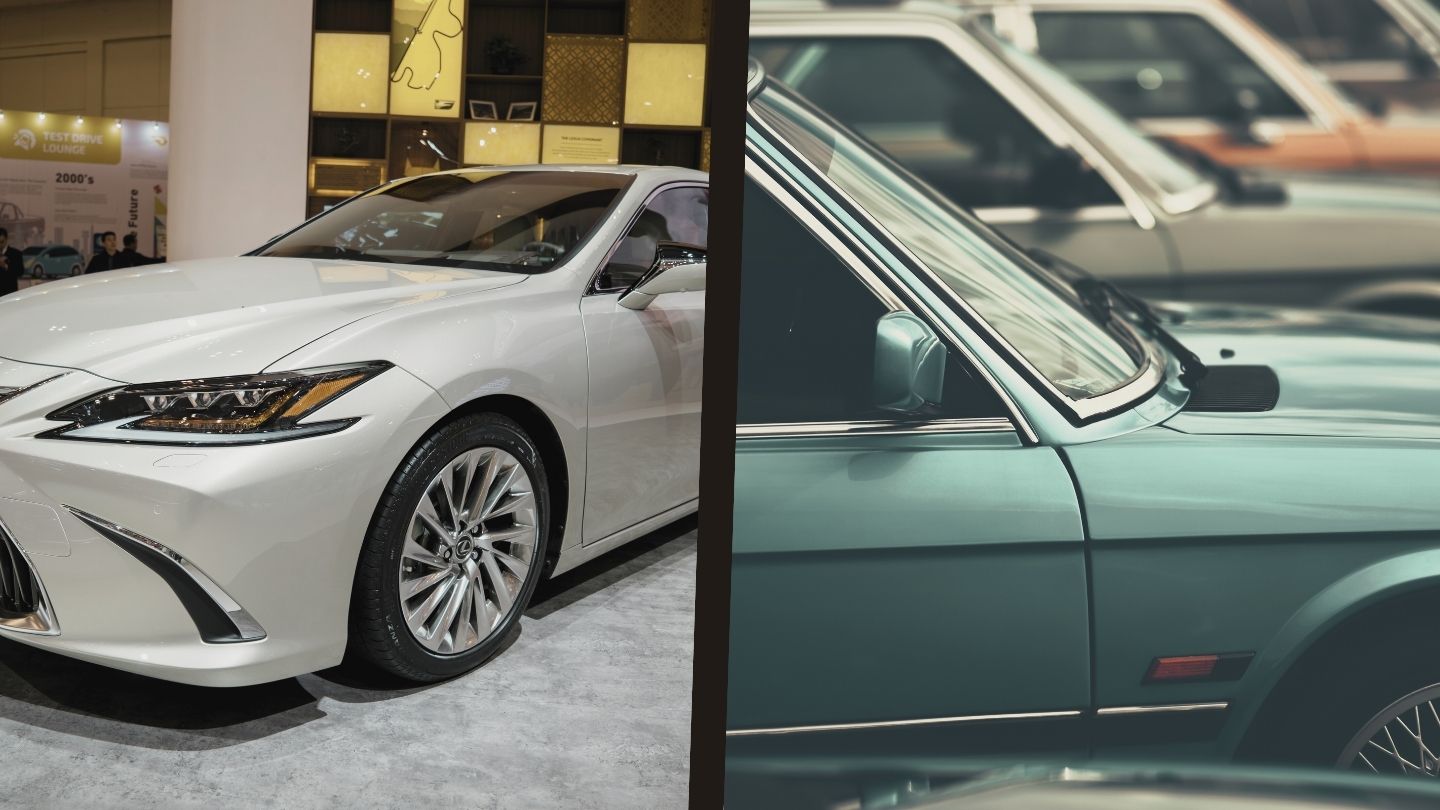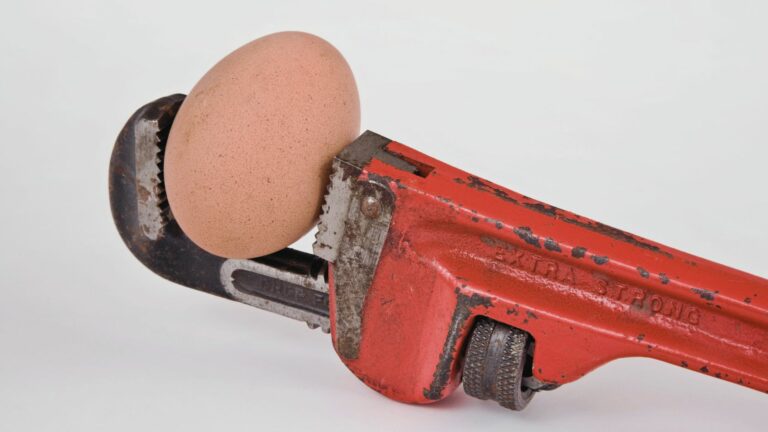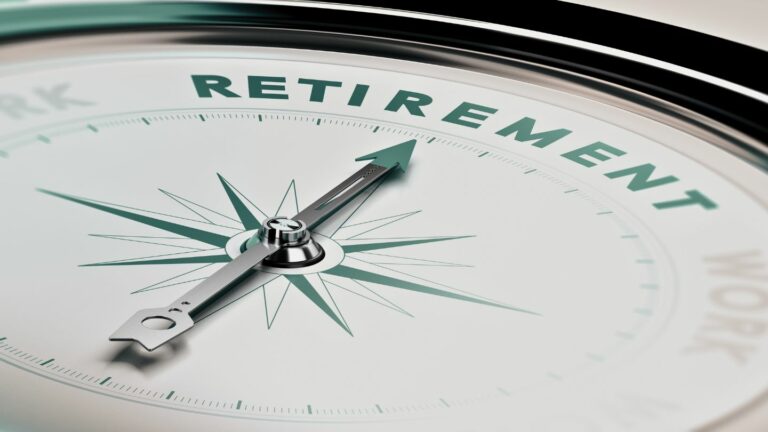( reading time: 5 min 5 sec )
What most of us want is the car of tomorrow today. We want an experimental vehicle that is super dependable.
What most of us have for options are new and used cars. We can buy the vehicle of choice if we have a large surplus. The rest of us have either saved up to buy our vehicle or we plan to get a loan. There are two ways to answer which is better. One is the immediate price, and the other is the long-term cost.
Yes, we will focus on the actual cost of a car, truck, van, or any vehicle. There may be exceptions. If you can prove the exceptions, a different choice is wise. When the answer is typical, the exceptions don’t apply.

What are the actual vehicle costs?
Vehicle costs will depend on the type and use of its owner. Trucks and cars are used differently. Vans offers opportunities not offered by trucks or cars. Will we use the vehicle for towing? How many passengers will it need to carry? These are the obvious choices that narrow down which vehicle we choose. These questions don’t answer new or used.
The first cost, new or used, is the price to transfer the vehicle ownership to the buyer. All the other costs are add-ons. Here is a list of possible additional costs of ownership over the life of a vehicle.
- Loan Costs
- Extended Warranty
- Insurance
- Fuel (gas, electric, etc.)
- Maintenance (oil change, etc.)
- Repairs
- Resale Value
Any of these costs we pay speak to the total cost of the vehicle. If we drive more, a car with better mileage will have a lower long-term cost than one that doesn’t get good mileage as long as all other things are equal. We should look at most of these individually because we rarely pay multiple extra vehicle expenses simultaneously. Then, we should also look at the total cost of ownership over the lifespan of our choices, new or old.
Extended Warranty, Maintenance & Repairs
The article on CarTalk was our favorite guide to the cost of an extended warranty. As of December 2023, the current price was cited to be $130 a month, or $3,000 if paid upfront. That is a new car warranty, and they did not cover the cost of a used car warranty. We are open to feedback on used car warranties. We have never had one.
So, our warranty may or may not cover the repairs needed in the future. We have a vehicle with a recall repair that has been waiting for parts for over two years. COVID messed with parts availability, and other unexpected events may make either choice less predictable. Making choices based on possible random events is more of an excuse to make the choice we want to than a guide on how to make a good choice.
Comparing what a warranty covers to what it would cost without it is a mix of known and unknown future expenses. Many people say they buy a new car to avoid repairs to older cars. We will talk about depreciation later, but if the cost of caring for the vehicle is less than depreciation, this objection needs to be revised. Cars have different depreciation rates, so this should be examined per car choice.
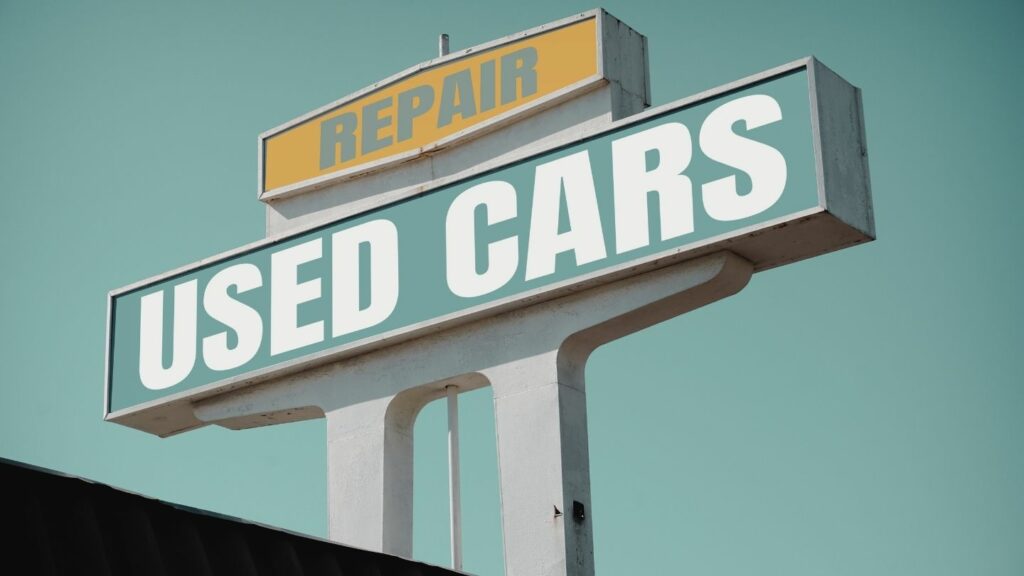
Fuel
Here is another common passion point in buying cars; this one definitely includes me. I want a car that gets 200 miles per gallon. Is that a good deal if a vehicle costs ten thousand dollars more to move from twenty to thirty miles per gallon? You need to figure out how many miles you would drive in the lifespan of ownership and estimate the fuel cost. Then, you compare the fuel savings to the price increase of the vehicle selection.
Insurance
Insurance is different depending on where you live. Two of the common items are liability and full coverage. Liability can be different based on the vehicle you are insuring. An older vs a newer one will not be significantly different in cost, but it could. What will be significant is the cost of full coverage in a new and an older vehicle. The increased coverage costs should be added to the comparisons.
Loan Costs
There are a couple of important considerations here. Loans are not free. If the car loan is zero percent interest, it is because the price of the car is high enough to make a profit. If the dealer drops the price significantly, and you have a loan to make the purchase, then the profit is covered in the loan. If the loan terms allow you to pay it off early, you can also reduce the cost of your loan. Only figure this in if you have a history of paying large purchases off early.
Resale Value
Car depreciation is usually horrible. According to George Kamel, the glowing exception to this is the Porshe 911. He says the five-year depreciation on this vehicle is 9.3%. He also cites that several worse vehicles depreciate closer to 60% after five years. At this level of depreciation, a 50K vehicle would lose 36K in value over this season. That is a whole bunch of repairs to make the promise of saving money with a more dependable vehicle true.
Let’s do the numbers.
Finally, we need to estimate the total cost of each.
Vehicle Cost + Loan Costs + Warranty + Insurance + Fuel + Maintenance + Repairs – Resale Value = Final Costs
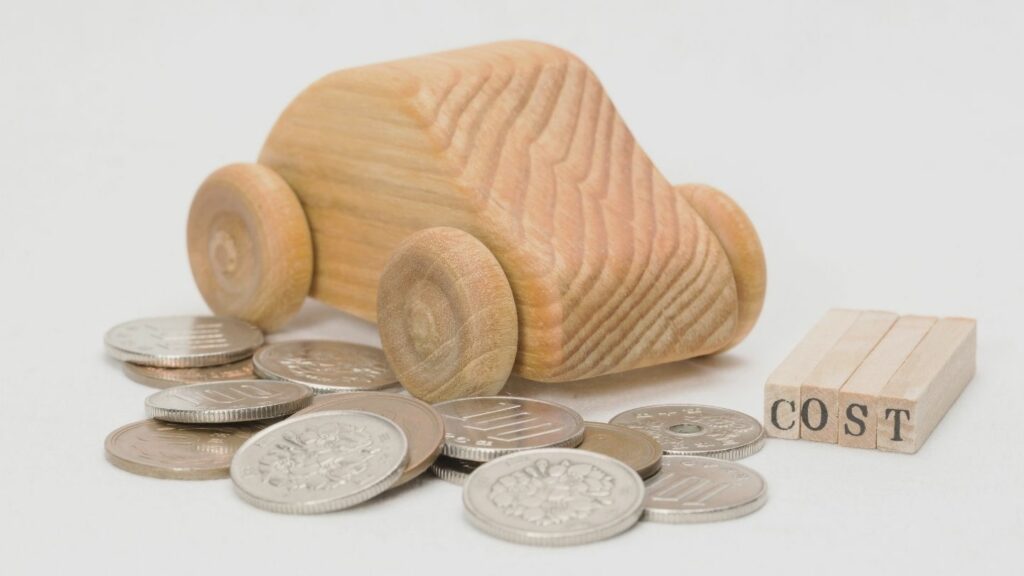
When is new the clear winner?
You will buy new cars if you run a car rental and compete with other rental companies with the same business model and audience. Buying used cars would be the routine of a business that wanted to offer cheaper rentals. This choice of vehicles may be the easiest to define if new or used is the obvious choice.
Another time a new car is a winner is when we have enough surplus funds, our future is financially in place, and we want to. If our financial future is unsound, we are trading security for lifestyle upgrades. If our future is sound, it is a matter of choice.
The best time a car is a winner is when we use a sinking fund to put the money aside over time to cover the cost of our new or used vehicle. We have done this multiple times, and it is better than eating up a tax return or any other windfall. It is like the best food comes from our garden because it feels good to do things that have value and meaning. It is truly remarkable if you can do this with a new car.

When is a new car, not a winner?
We are not against new car ownership. The used cars have to come from somewhere. We are thankful for all the people who originally bought the many vehicles we have owned over the years.
If the math of new vs old car isn’t saying buy a new car, that doesn’t universally say no. This gives a math perspective, and there are exceptions to this method. One side of math we need to remember is beyond the new vs. old; the math still needs to work.
Getting a new vehicle as a compromise with your spouse is generally acting against both mutual and individual good. We should never encourage or justify a financially bad decision as a payment for our bad decisions. While you would think this is crazy, we have heard of this in both relationship and financial coaching training. When we really want something, we can do things we should know better than doing, but our desire can temporarily blind us from clear thinking.
When we buy a car, we need to be able to afford it. Our long-term financial freedom should be preserved by avoiding a standard of living bump from our vehicle choices. We should all be our best friends today and to ourselves in the future.

